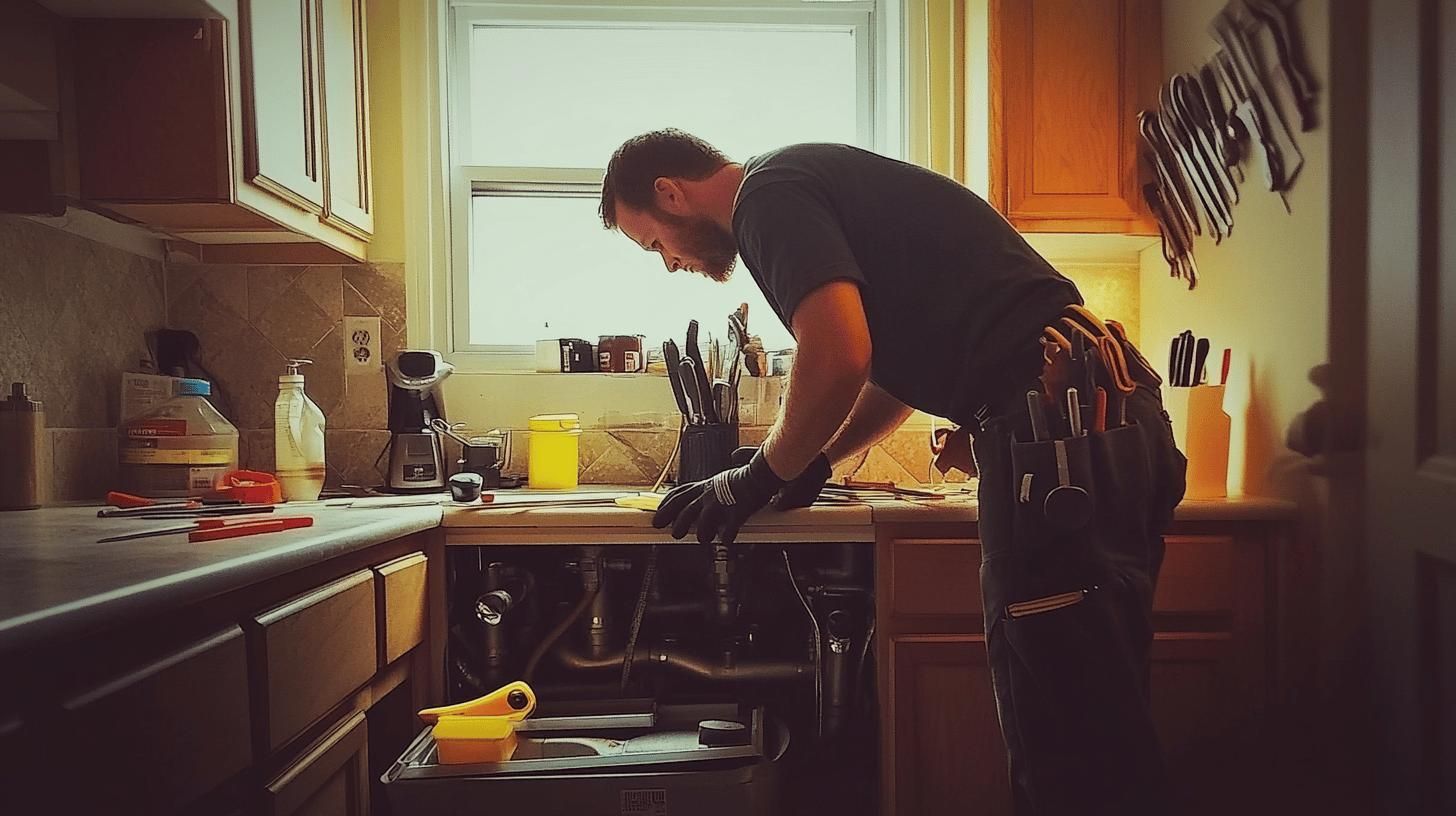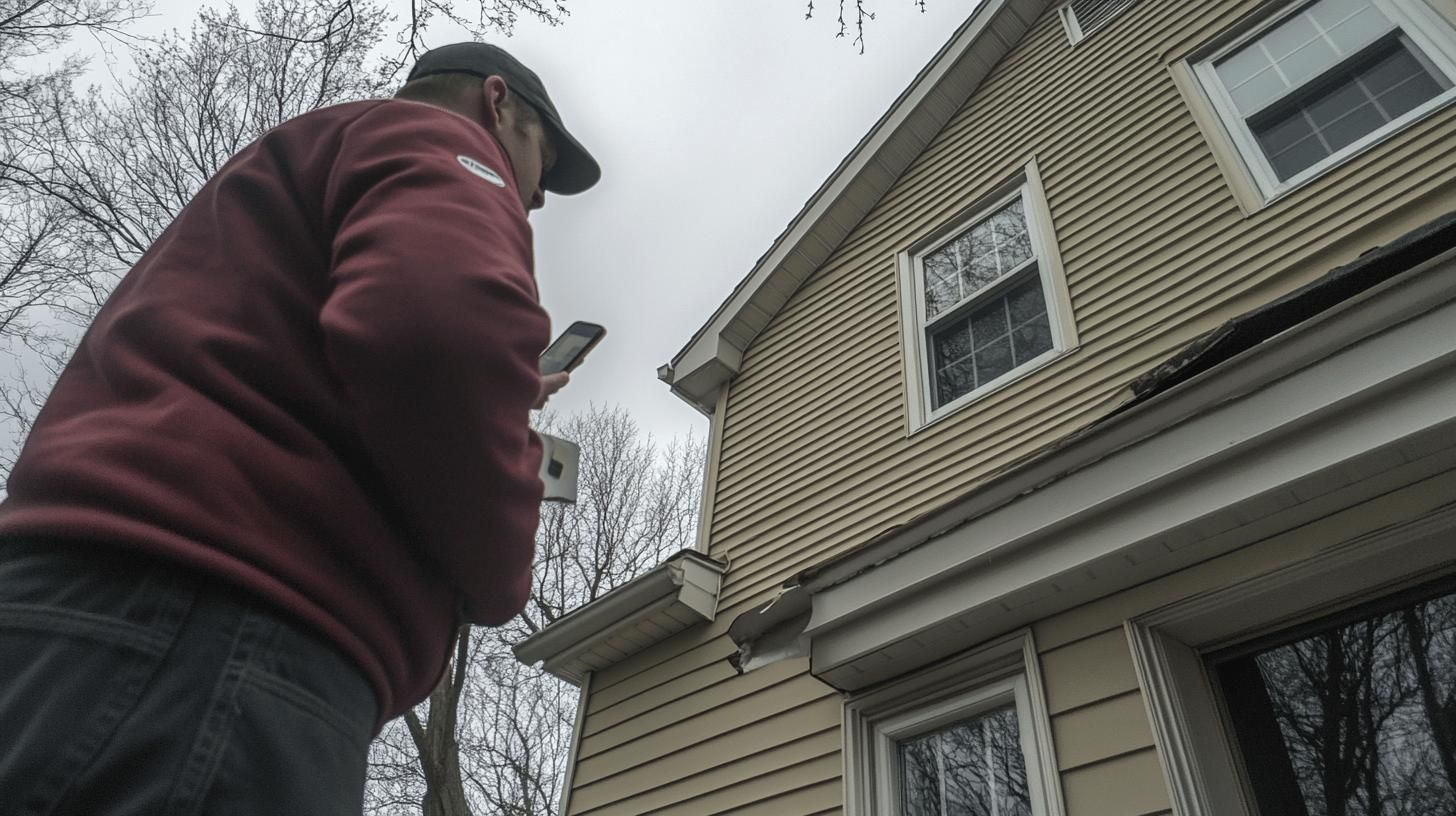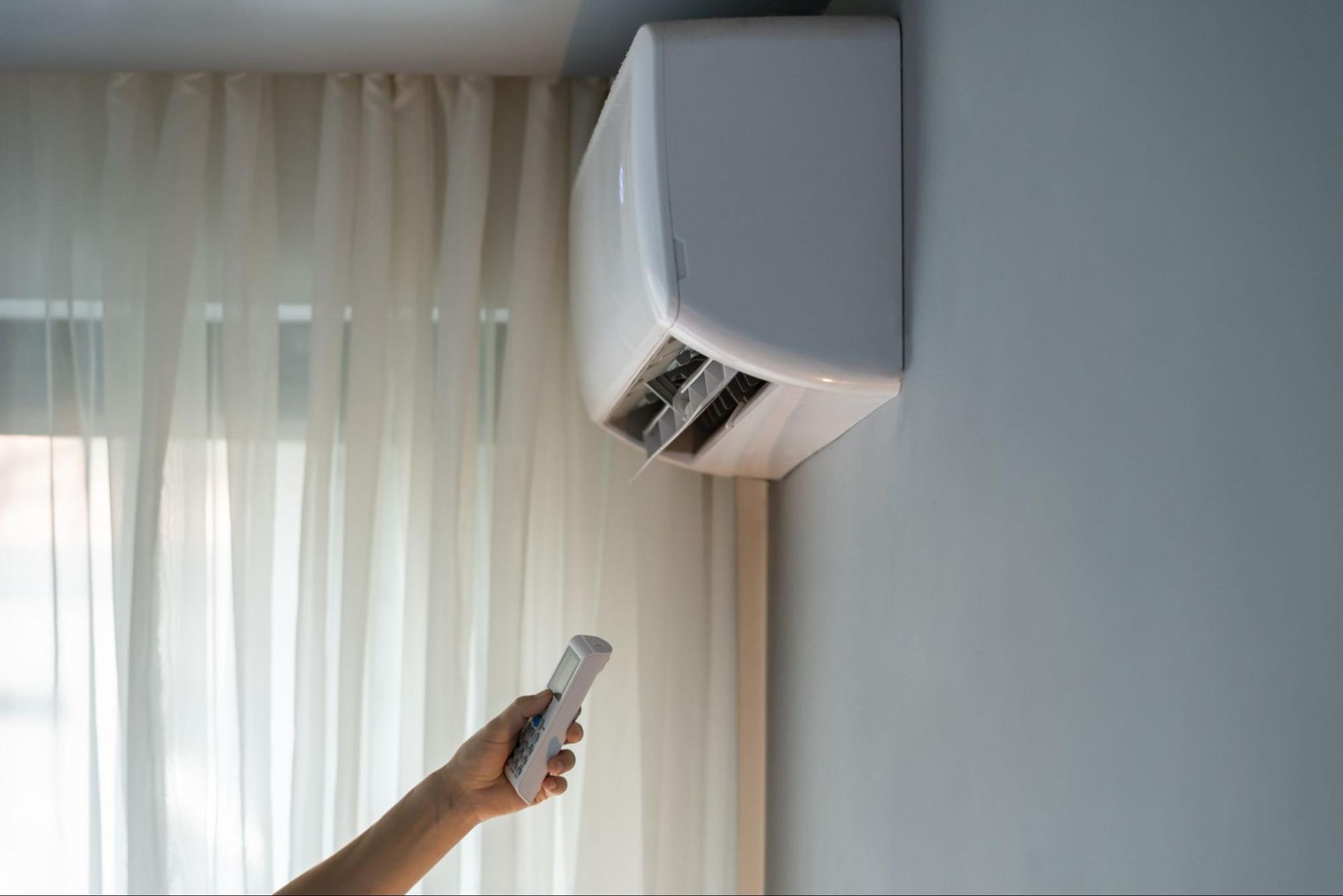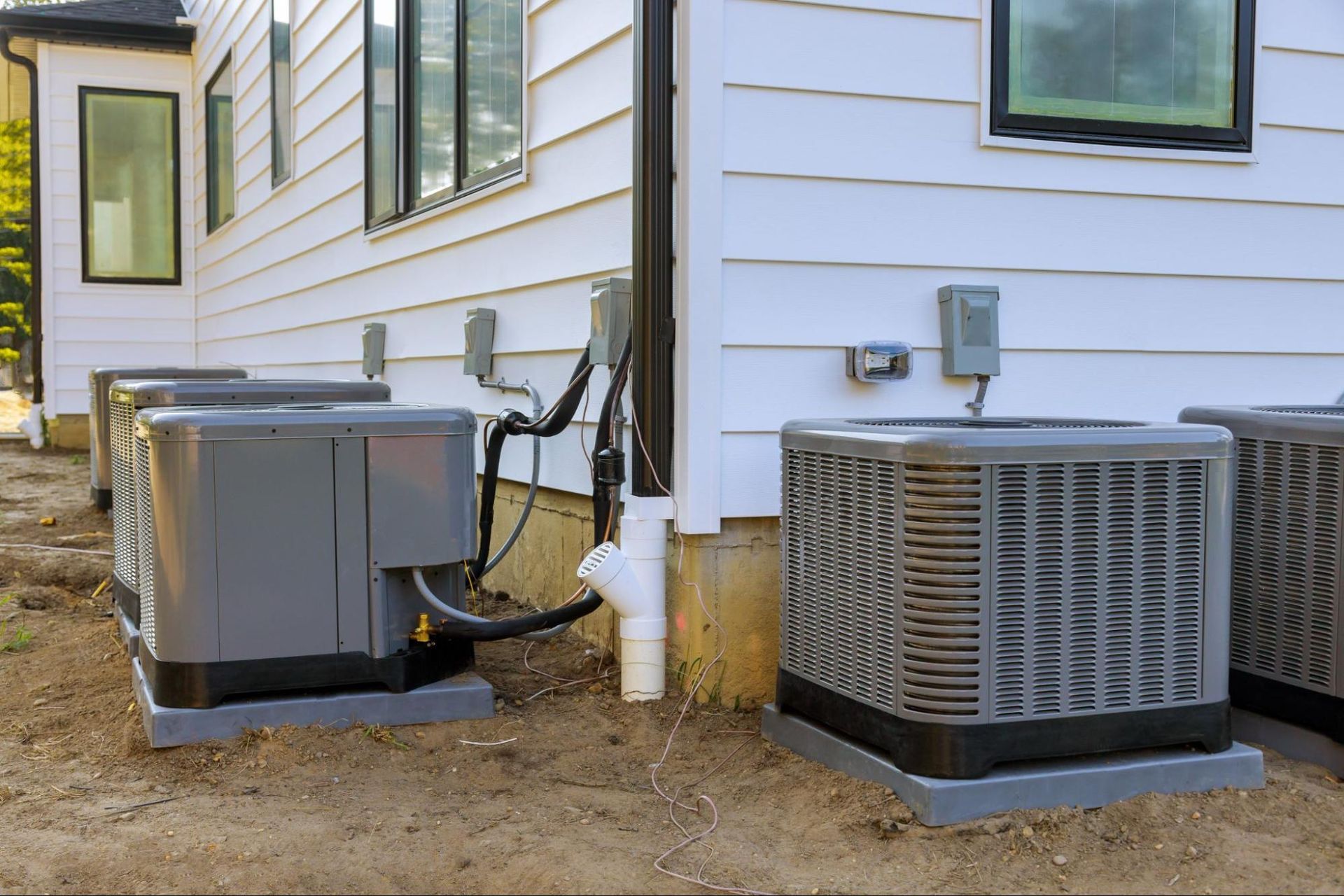What Areas of the Home Are Inspected?
- Home inspections are essential for evaluating a property's condition in transactions.
- Key areas inspected: Roof, Foundation, Plumbing, Electrical, HVAC, Interior, Attic, Basement.
- Roof issues: Leaks, damaged shingles, clogged gutters.
- Attic checks: Insulation, ventilation, pests.
- Foundation concerns: Cracks, settlement, and water intrusion leading to mold.
- Plumbing inspections: Leak detection, water pressure evaluation.
- Electrical checks: Wiring, grounding, outlet functionality.
- HVAC assessments ensure efficiency; inspect for wear and leaks.
- Interior inspections identify structural integrity and water damage.
- Regular inspections prevent hazards and maintain property value.
Do you think a home inspection is just a quick glance at a few rooms? Think again.
A home inspection thoroughly examines a property's key areas, revealing structural vulnerabilities and hidden system failures. Buyers and sellers alike find immense value in these assessments, uncovering potential safety risks and maintenance concerns before costly problems arise.
Curious about which areas are meticulously inspected? Read on to understand the crucial components involved in a home inspection process.
Key Home Areas Typically Inspected
Home inspections are essential in the buying and selling process. They provide key insights into a property's condition, helping buyers and sellers understand the home's structure and systems. Inspections can influence negotiations and decision-making by identifying potential issues early. This proactive approach saves time, effort, and money, ensuring smooth and transparent transactions.
Common Inspection Areas
- Roof
- Foundation
- Plumbing systems
- Electrical systems
- HVAC systems
- Interior rooms
- Attic
- Basement
Inspections reveal safety concerns and maintenance needs that may otherwise be missed. These findings help negotiate repairs or adjust the sale price, protecting both the buyer's investment and the seller's accountability.
Roof and Attic Inspections

Roof and attic inspections are vital to maintaining a home's structure and preventing future issues. They prevent moisture intrusion, structural damage, and energy inefficiencies. These inspections keep the roof and attic in good condition, protecting the property's value and occupants' safety.
Foundation and Basement Evaluations
The foundation is key to a home's stability. Inspectors check for cracks and settlement, identifying structural weaknesses that could compromise safety. They also look for water intrusion and mold in basements, as these pose safety and health risks.
Evaluating the foundation and basement ensures long-term safety and property value. Identifying shifts or mold growth early allows for timely repairs. This not only provides peace of mind but also preserves market value by preventing further deterioration.
Plumbing and Electrical System Checks

Plumbing and electrical systems are crucial for a home's function and safety. Proper inspections maintain efficiency and prevent hazards.
Plumbing Inspection:
- Check for leaks
- Evaluate water pressure
- Inspect pipe conditions
Plumbing inspections detect leaks preventing damage and mold. Water pressure checks ensure it’s within range; low pressure signals blockages while high pressure strains systems. Inspecting pipes for corrosion or damage helps avoid future issues.
Electrical Inspection:
- Examine wiring and grounding
- Assess outlet and switch functionality
Electrical inspections ensure safety by checking wiring and grounding. Outdated wiring poses fire risks. Inspectors ensure outlets and switches work correctly and safely. These inspections prevent hazards and ensure compliance.
HVAC Systems and Interior Room Assessments
HVAC systems regulate home temperature and comfort. Efficient systems lower bills and minimize carbon footprints. Proper maintenance detects issues affecting performance.
HVAC System Inspection
Inspectors evaluate HVAC efficiency by examining heating and cooling units for wear, leaks, or blockages. Clean filters and ducts are essential for optimal function. Early identification prevents inefficient energy use and failures.
Interior Room Inspection
In interior room inspections, inspectors assess structural integrity and water damage. Walls, ceilings, and floors are checked for cracks or stains, indicating issues. Water damage can lead to mold, impacting air quality and health. Inspectors also check finishes and materials, ensuring repairs are needed if necessary. These inspections maintain a comfortable and safe environment while preserving home value.
Exterior Elements and Safety Hazards

Exterior inspections are key for curb appeal and efficiency. Inspectors evaluate siding, windows, and doors for weatherproofing. A well-maintained exterior improves the look and prevents energy loss.
Issues to Address
- Structural damage
- Faulty wiring
- Plumbing leaks
- HVAC malfunctions
- Mold and moisture issues
Addressing these issues protects the home and maintains its value. Fixing structural or wiring problems prevents fire risks and water damage. HVAC malfunctions can cause discomfort and inefficiency. Mold poses health dangers and can deteriorate materials.
Regular inspections and maintenance ensure security and value, preventing depreciation and enhancing longevity.
Final Words
Ensuring a thorough inspection of home areas typically inspected is crucial for property maintenance and safety. From the roof to the foundation and plumbing to the electrical systems, each component plays a vital role in a home's overall condition. Taking action now will safeguard investments and promote a longer-lasting, efficient home environment.
FAQ
What should sellers expect from a home inspection?
A home inspection involves a detailed assessment of a property's condition, including its structure and major systems, providing sellers a report on necessary repairs or upgrades before listing or closing.
What are common reasons for a home inspection to fail?
Typically, a home inspection may fail due to structural issues, outdated electrical systems, plumbing problems, inadequate insulation, roof damage, foundation cracks, or pest infestations.
What are the essential items on a home inspection checklist?
The inspection checklist usually includes evaluating the roof, foundation, plumbing, electrical systems, HVAC systems, interior rooms, attic, and basement.
What are the types of home inspections?
Three main types of home inspections are general home inspections, specialized inspections (such as roof or foundation), and follow-up inspections for specific issues identified earlier.
What fixes are mandatory after a home inspection?
Mandatory fixes often include resolving safety hazards, significant structural issues, and problems required by law or lender, such as electrical system defects or water intrusion.











